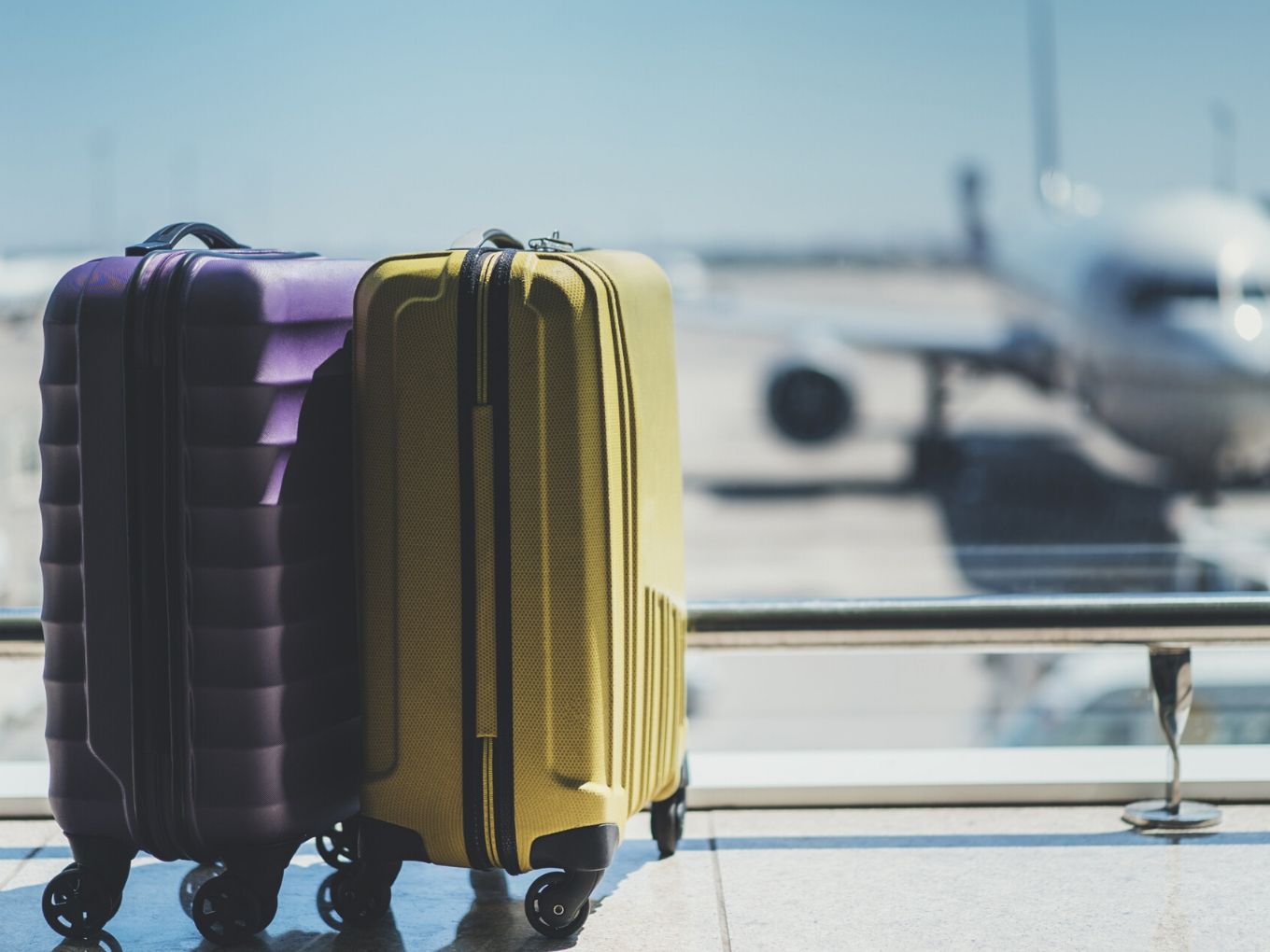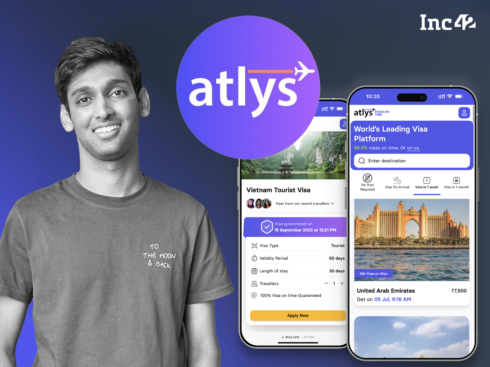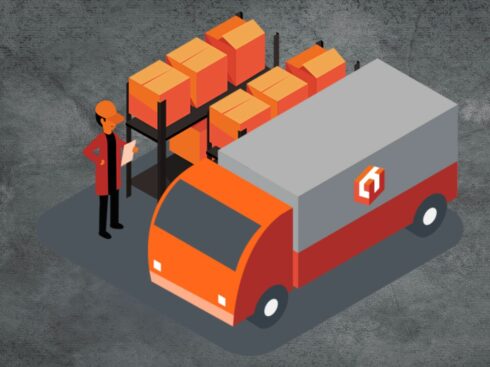
SUMMARY
The pandemic has heightened the importance guests would give to personal protection
Day one of the new normal should focus on helping businesses get back on their feet
With the travel industry now opening up, hoteliers today should be using the opportunity to revisit their technology partnerships
The travel and hospitality industry had come to a halt with about a third of the world’s population staying at home and practising social distancing due to the Covid-19 outbreak. As Europe and Asia start recovering, the pandemic is, hopefully, a short-term threat to what has been a dynamic and growing industry over the last decade.
Hospitality has always been a laggard in adopting digital technologies even though the online travel industry has been around for more than 20 years in India. Thin margins have forced most hospitality chains and hotel owners to change priorities when it came to building a seamless digital guest experience.
However, the need to build trust, get demand, engage the guest during the crisis, as well as to provide a secure experience is prompting most hotels to onboard disparate and unique solutions to offer contactless digital experiences. The real question for the owners and management would be to learn if the customer would be quick to trust these solutions and feel safe in a hotel.
The pandemic has heightened the importance guests would give to personal protection resulting in them being more aware than ever before. Therefore as hotels look at collecting more guest details to deliver a seamless experience, the guest would be unsure of how hotels would use their data.
Why Do Hotels Need More Data Post-Covid
Unfortunately, everything hotels knew about the guests, demand patterns, pricing is now of no use, as the new normal will drastically change consumer behaviour.
The authorities may take proactive safety measures to minimize the risk of contraction, which could pull the hospitality sector back to point zero. The governments might want a complete customer profile for contact tracing once the international travel resumes. Hotels, service providers, and other hospitality partners maybe asked to share their datasets about the information on medical history, insurance, and the current health status of their guests.
In such a scenario, applications based on contactless solutions like MyStay will take centre stage. A solution that provides interactive services with API integrations for real-time query resolution to minimize human intervention.
Though this is in stark contrast with how the hospitality sector has operated since its inception – they are likely to help the industry navigate its path in times to come.
More apps are in development to monitor travellers apart from those that can help properties serve their guests as per the social distancing norms. For this, the hotels will depend upon enhanced collaborations with technology providers to access data and get demand insights on the grassroots level. It will lead to the emergence and requirement of new specialized systems for capturing guest data. However, as hotels look to adapt to this new normal there would be a requirement of more data to solve other challenges as well
The Challenge Of Finding New Demand
- To begin with, Indian hotels need a mix of channels and partners to maintain high levels of occupancy and average daily rate (ADR).
- This increased number of partners results in hotels needing more technology providers that can provide a large enough ecosystem of channels to tap into source markets known to drive guests, while also exploring new source markets from different channels.
The Challenge Of Keeping Up To The New Demand
- For technology providers such as channel managers, keeping up with a growing number of channels can be a real challenge.
- Every growing source market, along with new travel sellers, creates an opportunity for emerging connectivity providers to enter the market. New entrants can get a foothold building on strong local markets where they tap with hotel customers and provide a high level of personalized support.
Vendor Consolidation Will Pose Its Own Risk
Both Technology, as well as Industry, would also see an increasing trend of vendor consolidations. However, as we saw in the case of Zoom, in the haste of expansion and getting demand back, most supply partners, as well as technology providers, will not be able to implement the right data management standards making them self-more prone to data breaches.
While there’s risk in fragmentation and reliance on numerous small connectivity partners, it doesn’t mean that all of the larger players are a safe bet either.
Hotel chains like Marriott disclosed yet another data breach recently that may impact over 5 Mn guests. Managing and implementing the same data standards across all vendors is nearly impossible and, in a post-Covid world, will require the allocation of more budget.
Inability To Adapt And Deliver Global Data Management Standards
In a world obsessed with data privacy and protection, integrations and mapping are now becoming more complex, thereby making it more difficult for hotel chains to change suppliers completely. This, in turn, creates another critical issue.
With legacy providers remaining in the market alongside fresh entrants, the hospitality technology market has become so saturated and fragmented that there is no focus on data protection at all. It has made the global industry prone to hacks with no visibility on where their data is being stored.
Why Your Hotel’s Brand Value Might Be Linked To Your Stance On Data?
For hotels, the issue of data privacy and sovereignty should be amongst the most critical factors in partnering with any third-party. Any security gaps with tech partners eventually become the hotel’s problem. Hotels have financial liability for security breaches even if the breach occurs via a third-party vendor, not to mention the damage caused to the brand.
Day one of the new normal should focus on helping businesses get back on their feet. This will be the one chance for brands to earn the trust of the travelers and lure them back. Any discrepancy or a breach in trust, in this case – due to data – will jeopardize the reputation of the hotel. Today, there’s an increased awareness amongst travelers concerning data protection.
Customers want to know where the data is headed to and where it is being stored due to the recent surge in the incidents of data violations. This demand goes beyond the travel and hospitality industry and India is also not oblivious to such developments. Time and again, several concerns have been raised in our country to ensure superior data security.
The Indian government is currently working on its own GDPR-like data privacy law to safeguard the nation’s digital frontier. In April this year, the government also caught eyeballs when it scanned a number of applications including TikTok, ShareIT, and Halo for security-related implications along with the Zoom and Houseparty platform.
Viewing the situation, hoteliers might want to have their connectivity providers give maximum assurance on data privacy and safe harbour protection.
Ensuring Data Security Through Localization Of Data
While options might seem plentiful for distribution technology providers, the risks outlined above show that the field of viable and secure options may be fewer. Today, hoteliers have also started taking note and are focusing on partners that can provide scale, innovation, and high levels of security.
Several hotel chain clients have been asking us how we manage data security, data sovereignty, internal, and 3rd party access to their data. This includes the data that passes through our products and connects demand partners (such as OTAs like Booking.com or Hotwire.com) with suppliers (such as IHG, Marriott, etc.).
Our products transfer ARI (Availability, Rate, and Inventory) as well as the booking data (credit card, name, email, etc.) between the suppliers and demand partners. We store the above data in a hybrid set of data centers, namely AWS (in multiple regions across the world) and a private data centre – Aligned Energy Data Center, Dallas.
Even though our clients are talking about data security, what they are really worried about is “compelled disclosure”, whereby a government or provincial authority forces a company to provide access to data stored within that government’s geographical jurisdiction.
Besides, to stay ahead of unwarranted compelled disclosure events, we instituted customer-friendly policies. The below diagram explains how any hotel chain should approach data management for its guests.

With the travel industry now opening up, hoteliers today should be using the opportunity to revisit their technology partnerships. Doing so can place them in a strong competitive position when the market rebounds and travellers take to the skies, roads, and hotel beds. The last thing the industry and hoteliers need right now is the loss of trust when travellers return. For no disinfectant can keep the guest data safe if data security gets compromised.


























